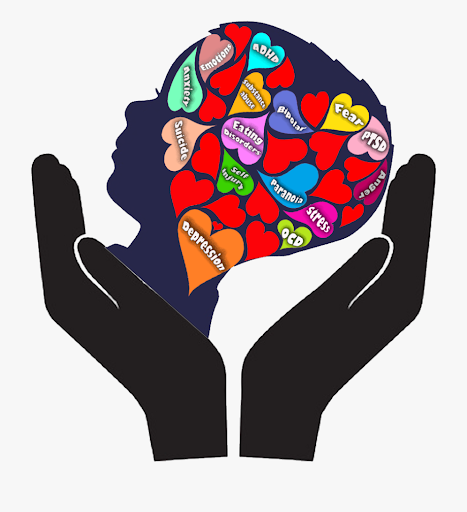From Darkness to Hope: Navigating Counseling, Therapy, and Healing from Depression and Addiction
From Darkness to Hope: Navigating Counseling, Therapy, and Healing from Depression and Addiction
Blog Article

As we journey through the depths of despair, battling the shadows that cloud our minds and hearts, we often find solace in the beacons of hope that guide us towards healing and redemption. In the realm of mental health, particularly in the realms of depression and addiction, the paths of counseling and therapy shine brightly as pillars of support and transformation. These avenues offer safe spaces for individuals to unravel their tangled emotions, confront their inner demons, and ultimately, emerge stronger and more resilient. In the interconnected web of counseling, therapy, depression, and addiction, lies the profound potential for renewal, growth, and the restoration of inner peace.
Types of Counseling and Therapy
Counseling and therapy for depression and addiction come in various forms tailored to individual needs. Cognitive behavioral therapy, or CBT, helps individuals identify negative thought patterns and behaviors contributing to their conditions. Dialectical behavior therapy, known as DBT, is effective in teaching mindfulness and emotion regulation skills to manage intense emotions often associated with depression and addiction.
Click Here
Another approach is interpersonal therapy, which focuses on improving relationships and communication skills to address underlying issues fueling depression and addiction. Family therapy involves working with loved ones to foster understanding, support, and create a healthy environment for recovery. Additionally, psychodynamic therapy delves into unconscious patterns and past experiences to gain insight into present struggles, aiding in long-term healing.
Understanding Depression
Depression is a complex mental health condition that can impact individuals in various ways. It goes beyond just feeling sad and can affect one's thoughts, feelings, and daily activities. People experiencing depression may struggle with overwhelming feelings of hopelessness, sadness, and emptiness.
One of the key aspects of depression is its tendency to create a sense of isolation and detachment from others, leading individuals to withdraw from social interactions and activities they once enjoyed. This can further exacerbate feelings of loneliness and intensify the emotional burden of depression.
In addition to the emotional challenges, depression can also manifest physically, leading to changes in appetite, sleep patterns, and energy levels. Understanding these various dimensions of depression is crucial in seeking appropriate support and interventions through counseling and therapy.
Overcoming Addiction
Addiction can be a challenging journey, but with the right support and resources, recovery is possible. Counseling and therapy play vital roles in helping individuals break free from the grasp of addiction. Through therapy sessions, individuals are able to explore the root causes of their addictive behaviors, gaining insights that empower them to make positive changes in their lives.
One of the key benefits of counseling for addiction is the opportunity to develop coping mechanisms and strategies to manage cravings and triggers. Therapists provide a safe and non-judgmental space for individuals to discuss their struggles and learn effective ways to deal with challenges. This process of self-discovery and skill-building equips individuals with the tools they need to resist the temptation of addictive substances or behaviors.
Recovery from addiction is a gradual process that requires commitment, patience, and perseverance. With the guidance of trained therapists and counselors, individuals can navigate the ups and downs of recovery with greater resilience and determination. By staying engaged in therapy and remaining open to growth and change, individuals can take steps towards a brighter, addiction-free future.
Report this page